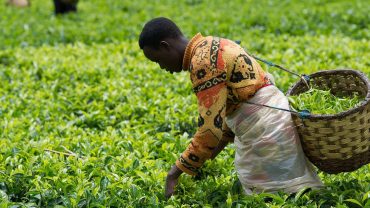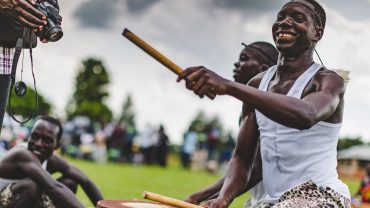Rwanda, landlocked republic lying south of the Equator in east-central Africa. Known for its breath-taking scenery, Rwanda is often referred to as le pays des mille collines (French: “land of a thousand hills”). The capital is Kigali, located in the centre of the country on the Ruganwa River. As in Burundi, the major ethnic groups in Rwanda are Hutu and Tutsi, respectively accounting for more than four-fifths and about one-seventh of the total population. The Twa, a hunter-gatherer group, constitute less than 1 percent of the population. Other minorities include a small group of Europeans (mostly missionaries, employees of relief and development programs, and entrepreneurs), a small number of Asian merchants, and Africans from Tanzania, Uganda, the Democratic Republic of the Congo, and elsewhere.
Rwanda’s National Ballet and the Impala Orchestra add considerable lustre to the country’s cultural life, the former through a choreography leaning heavily on traditional folk dances and the latter through a distinctly modern musical repertoire. For many years, the Association des Écrivains du Rwanda kept alive the best of Rwanda’s literary traditions, while the bimonthly review Revue Dialogue provides a forum for a vigorous intellectual exchange on a wide range of social and cultural issues.




Comment (0)